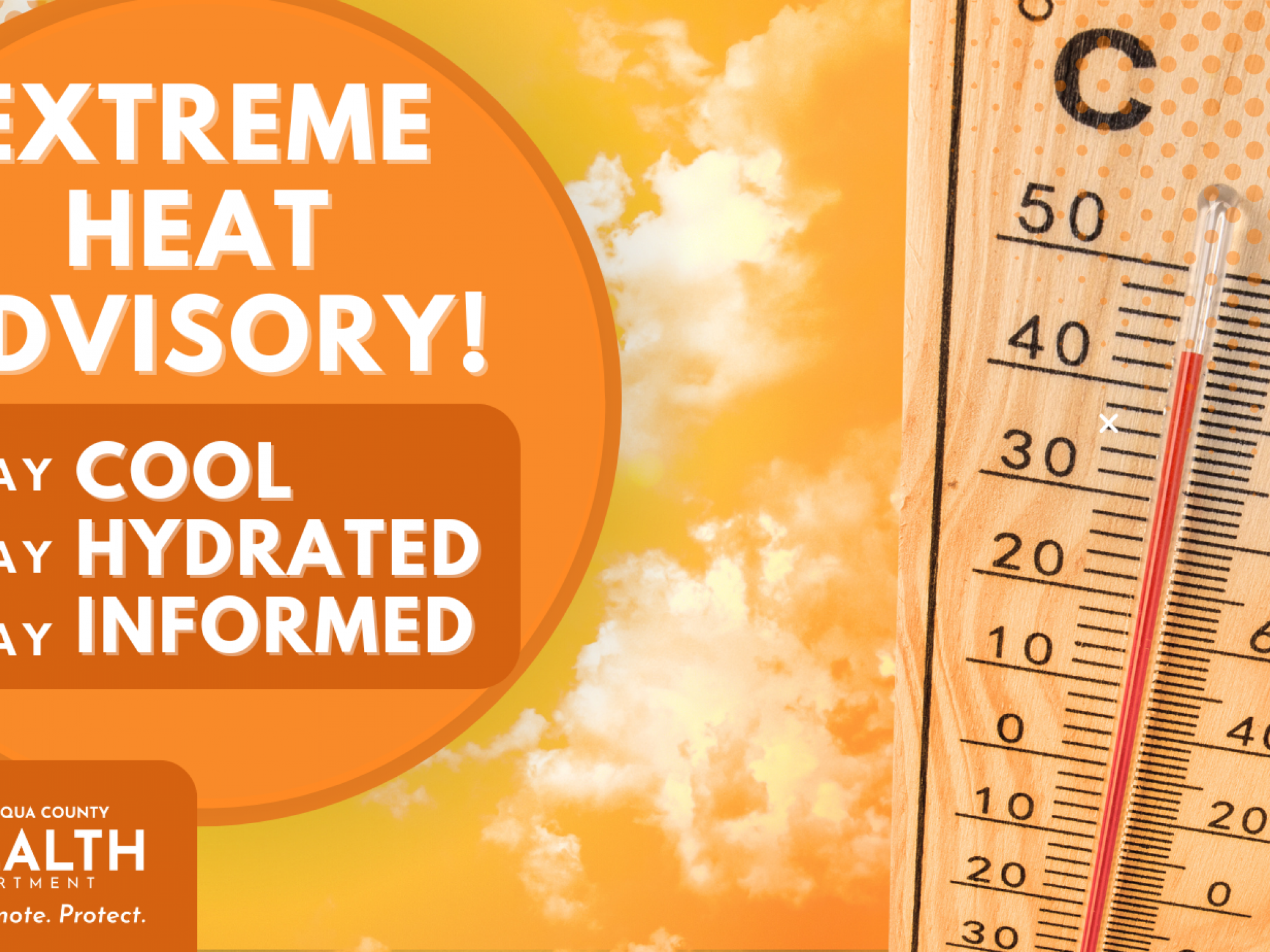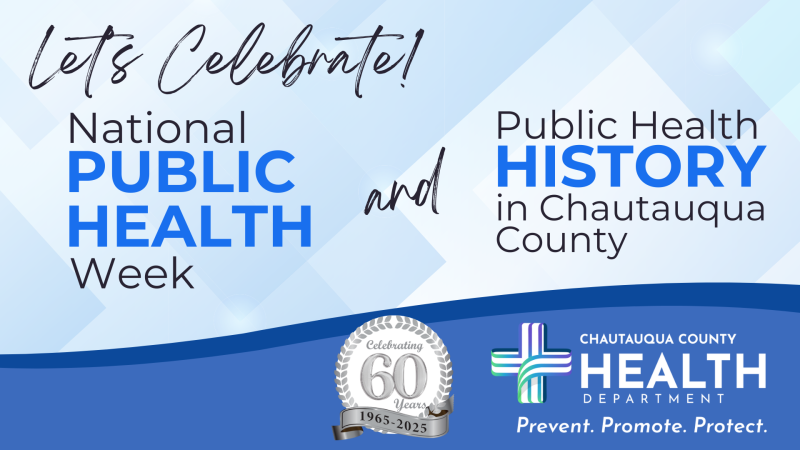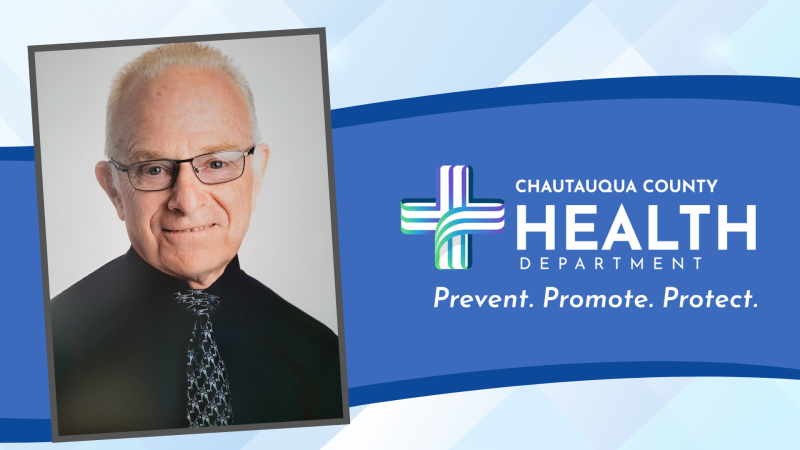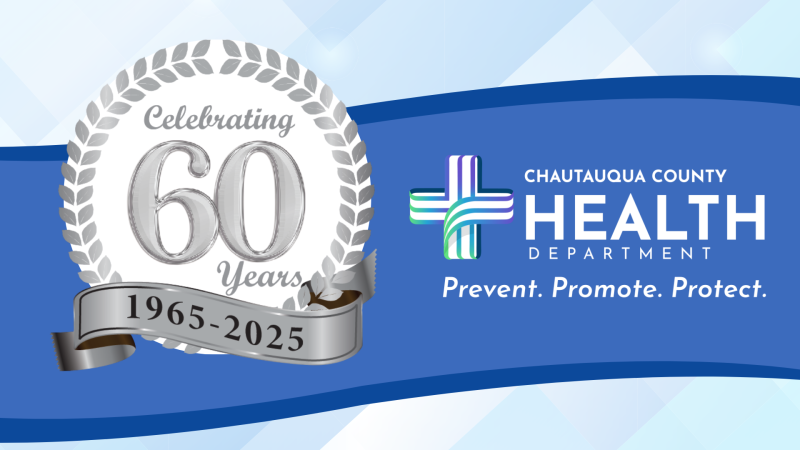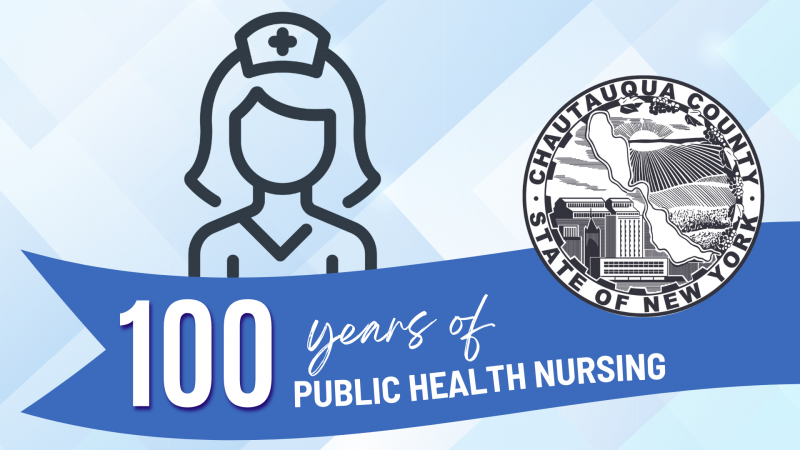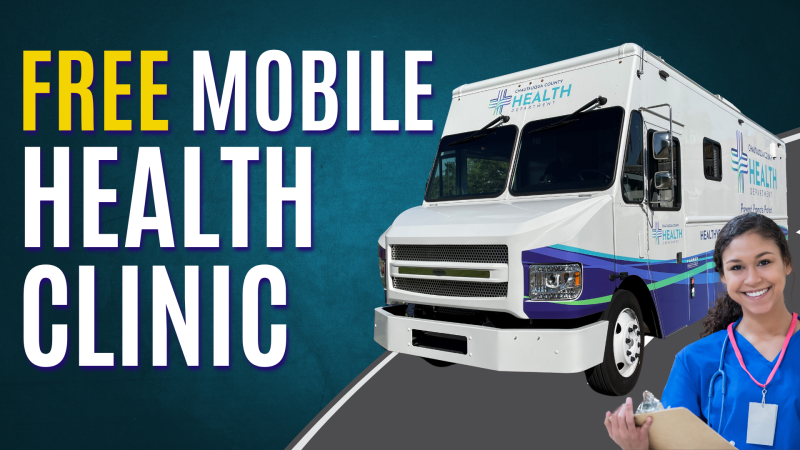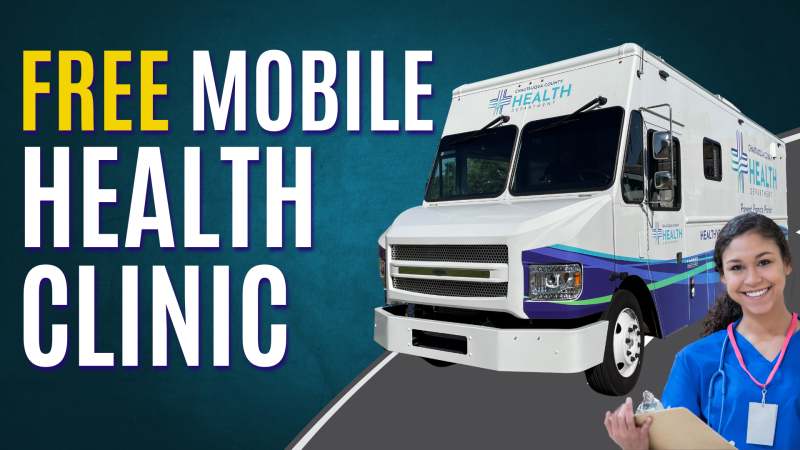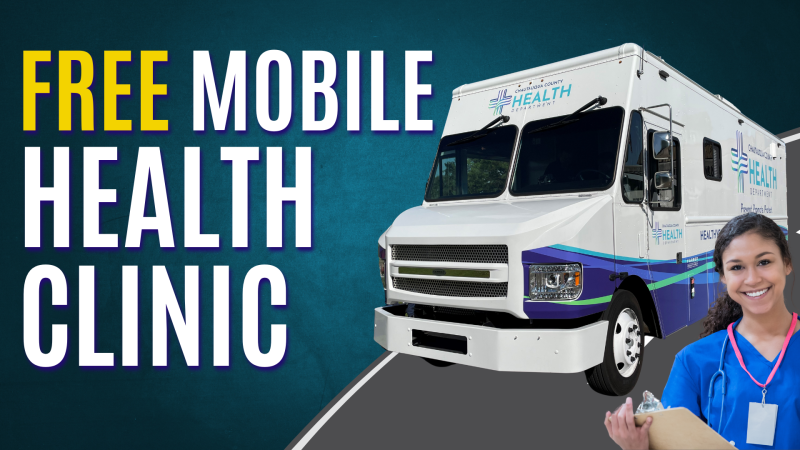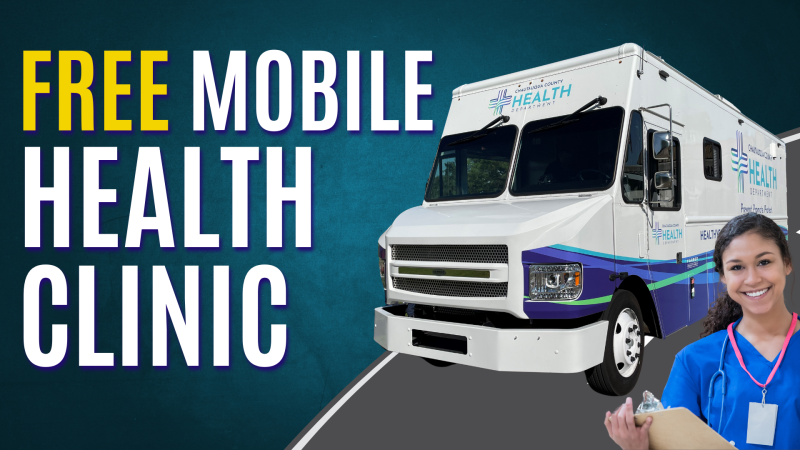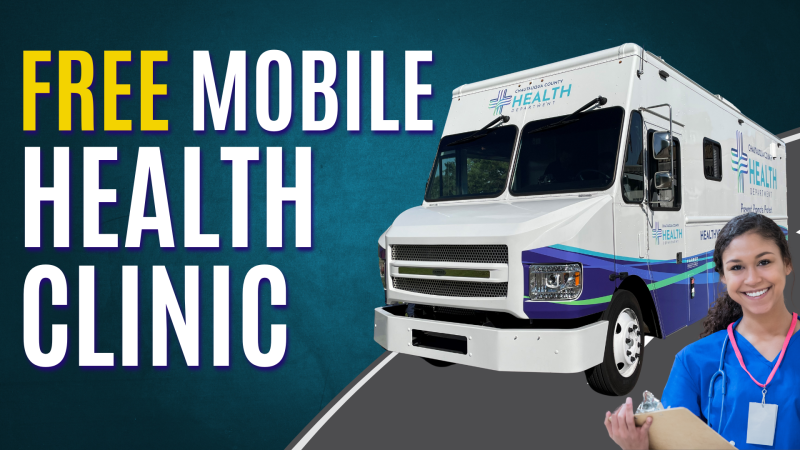MAYVILLE, N.Y. – As area temperatures rise, Chautauqua County Officials urge residents to protect people who are at greater risk of heat related illnesses. Infants, children, the elderly, people who work outdoors and people with chronic medical conditions such as heart disease and high blood pressure are at greater risk of getting sick when it’s hot.
|
INFANTS AND CHILDREN |
Infants and young children rely on others to keep them cool and hydrated when it’s hot outside. They have a more difficult time regulating temperature, compared to adults, putting them at greater risk for heat stroke and other heat related illnesses.
- Dress infants and children in loose, lightweight, light-colored clothing.
- Make sure they are drinking plenty of fluids. Stay away from really cold drinks or drinks with too much sugar.
- Never leave infants or children in a parked car, even if the windows are open.
- Even when it feels cool outside, cars can heat up to dangerous temperatures very quickly.
- Leaving a window open is not enough- temperatures inside the car can rise almost 20 degrees Fahrenheit within the first 10 minutes, even with a window cracked open.
- Children who are left unattended in parked cars are at greatest risk for heat stroke, and possibly death.
|
OLDER ADULTS |
Older adults do not adjust as well as young people to sudden changes in temperature. They are more likely to have a chronic medical condition that changes normal body responses to heat and are more likely to take prescription medicines that affect the body's ability to control temperature or sweat.
"As we experience this week's extreme heat, I urge everyone to remember their elderly family, friends, and neighbors. Extreme temperatures can be particularly dangerous for older adults,” states Dr. MaryAnn Spanos, Chautauqua County Office for Aging Services Director. “If you or someone you know qualifies for the Home Energy Assistance Program (HEAP), you may also be eligible for assistance in obtaining air conditioners and cooling units. For those who do not qualify for HEAP, local assistance may still be available. For more information and support, please contact our local New York Connects at 1-800-342-9871. Stay safe and let's take care of each other."
- If you are a caretaker for an older adult keep a close eye on those in your care by visiting them at least twice a day, and ask yourself these questions:
- Are they drinking enough water?
- Do they have access to air conditioning?
- Do they know how to keep cool?
- Do they show signs of heat stress?
- Seek medical care immediately if you have, or someone you know has, symptoms of heat-related illness like muscle cramps, headaches, nausea or vomiting.
|
PEOPLE WHO WORK OUTSIDE |
People who work outdoors are more likely to become dehydrated and get heat-related illnesses. Take steps to protect yourself on hot days. If you feel faint or weak, STOP all activity and get to a cool place.
If you have to work outside while it’s hot:
- Drink plenty of water, and don’t wait until you are thirsty to drink.
- Avoid alcohol or liquids containing large amounts of sugar.
- Wear and reapply sunscreen as indicated on the package.
- Ask if tasks can be scheduled for earlier or later in the day to avoid midday heat.
- Wear a brimmed hat and loose, lightweight, light-colored clothing.
- Spend time in air-conditioned buildings during breaks and after work.
- Encourage co-workers to take breaks to cool off and drink water.
More information www.cdc.gov/niosh/topics/heatstress/
|
PEOPLE WITH CHRONIC MEDICAL CONDITIONS |
Hot days can be dangerous for anyone, but it can be especially dangerous for those with chronic medical conditions. If you or someone you know has a chronic medical condition, follow the information below to help keep you, or the person in your care, safe.
Why are people with chronic medical conditions more vulnerable to heat?
- They may be less likely to sense and respond to changes in temperature.
- They may be taking medications that can make the effect of heat worse.
- Conditions like heart disease, mental illness, poor blood circulation, and obesity are risk factors for heat-related illness. Individuals who are overweight or obese tend to retain more body heat.
|
PROTECT PETS TOO |
Soaring temperatures are dangerous for pets too. Make sure pets are safe from extreme heat this week by:
- Limiting their exercise on hot days.
- Providing them with ample shade and water.
- NEVER leaving them in a parked vehicle.
- Walking them in grass to protect their paws.
|
RESOURCES |
- Chautauqua County: chqgov.com/heat
- National Institute on Aging: www.nia.nih.gov/health/safety/hot-weather-safety-older-adults
- National Weather Service heat risk tool: www.wpc.ncep.noaa.gov/heatrisk/
- New York State Department of Health: www.health.ny.gov/environmental/emergency/weather/hot/
- CDC: www.cdc.gov/extreme-heat/about/index.html.
About Chautauqua County Health Department - The Chautauqua County Health Department is the leading Public Health organization in Chautauqua County dedicated to the support of the community’s health. The Health Department takes innovative approaches to provide technical assistance to partner organizations, and offers various programs and services in order to help prevent disease, protect the public’s health and promote our community’s overall health and wellness. For more information visit www.HealthyCHQ.com.

